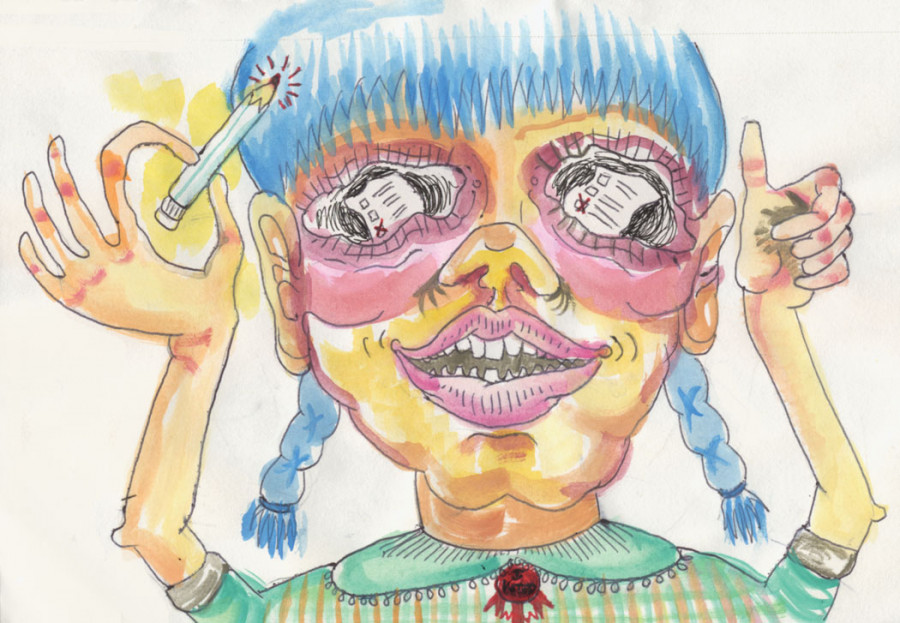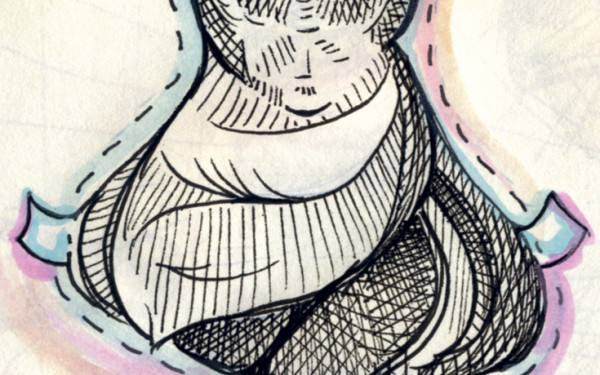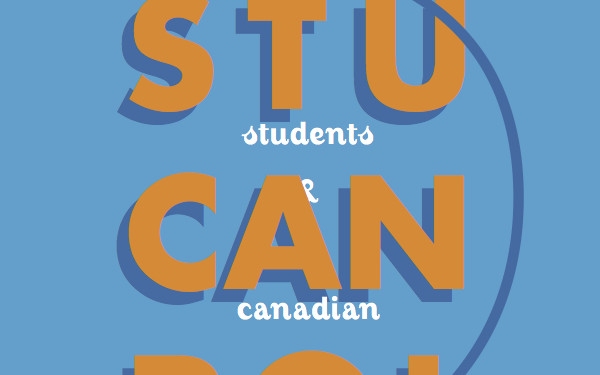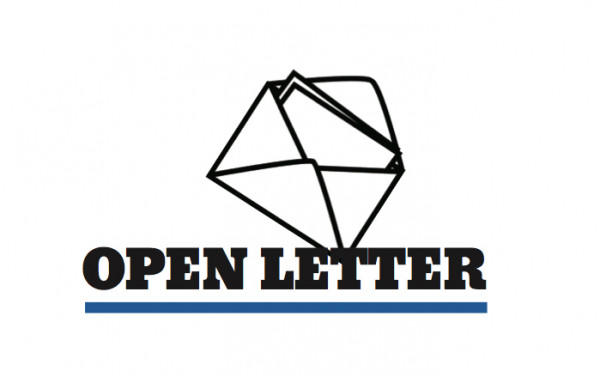Vote Goddammit
Indifference is the tool of the dead. If you’re reading this, you’re not dead and have an opinion. Even about politics.
Unfortunately, your primary cognitive stimulation these days is advertisements and entertainment. You’re not encouraged to formulate critical opinions, or even think too hard about complex topics. Politics regulate every fibre of our society, but we’re distanced from them by abstract, specialized (boring?) language and unfavourable media coverage. We’re processing politics peripherally, vaguely. “Yeah I’ve heard of that mass corporation changing the legal definition of ‘lake’ so they could bypass protection laws and dump a bunch of chemicals in. Sounds pretty shady… so anyway, what do you want for lunch?” Even the word ‘politics’ has a negative connotation, invoking slimy characters and self-serving actions. Worst of all, we feel powerless about it.
Most of the publicity for electoral campaigns involves discrediting and demeaning the opposition—in contrast to an almost literal bombardment of positive reinforcement for consumerist behaviour. This leaves viewers—accustomed to seeing glossy glamour every day through advertisements and entertainment—with a sour taste for politicians. We’ve been raised to be apathetic or cynical toward our governing policies, believing the whole process is corrupt and that we don’t have an impact on it. We know it’s bad and unfair, but we can’t do anything about it. So we’ll just have to let it happen unobstructed. Nihilistic about our futures, we’re hopelessly disenchanted with how others have dictated the rules.
There are indeed a lot of flaws in our system; non-representational elections, disinterest in the oppressive conditions under which the indigenous people live, and a disgustingly near-sighted disregard of our environment, coupled with increasing corporate lobbying are all but a few examples. But we still have a democracy—something we should not be taking for granted.
“Power to the people” has been repeated so often it’s become a cliché. We forget that it was a phrase screamed mutinously in the streets of our great cities relatively recently in human history. Democracy, every citizen’s right to have their interests represented in government, was ripped out of the bloody hands of monarchy. We don’t quite understand anymore the critical impact of the insurgencies happening at this very moment in the Middle East. But rights are much easier to lose than to gain. As people are dying to escape tyranny a few thousand miles away, we have passed bill C-51 and lost constitutional freedoms. Maybe it was unwillingly, but it was easily done.
Corruption is difficult to avoid when a single individual’s ideals speak for all, and even initially well-meaning elected officials—even officials like Harper—can fall to greed and the ease of misinformation. The Western democratic system is fundamentally flawed. We need to reorganize power into a synergic hive of mutually beneficial cooperation. Why should anybody lose if everybody can win? A part of the answer lies in a reinterpretation of direct democracy. But a complete, multi-faceted solution can only be thought of if every individual experience contributes to the discussion.
Vote.
Democracy isn’t just taking 20 minutes every four years to check a box. Although that is a big part of it, it’s a symbolic action that shows you’re involved, that you’re paying attention, and that you have an opinion. Some people say it doesn’t make a difference, and that a single vote won’t flip the scale. Well, sometimes it does. And even if it doesn’t, your single vote can annul that of that single other bigoted, closed-minded jerk on your Facebook feed. These MOMENTOUS DECISIONS in our lives should have a remarkably high rate of involvement, but as it stands, certain groups (e.g. the poor and the young) are not properly represented.
Democracy isn’t about the individual—it’s “power to the people,” not “person.” Voting is not about tipping the scale. So many of us get caught up in the 9 to 5 grind, numbed by the consumerist frenzy, that we lose sight of how heavily we actually depend on each other as a society. Even if you “hate humanity”, you enjoy it every single time you leave the house, go online or even get into bed. It’s not meant to be your ‘single’ vote making the difference; it’s everyone’s vote together. That’s the point. But for everyone to be heard and respected, you need to speak up, too.
Vote.
Even if none of the options appeal to you, scratch your ballot. Go to the polling locations with your friends and family, stand in line for a few minutes, and vote. Fill in all the boxes or none at all. And by doing so, you’re saying “I do not approve of anyone running because my views are not well represented by anyone’s campaign.”
The voting turnout for youth aged 18 to 34 in Canada is dishearteningly low—our opinions are not welcome. But they are important. We have different priorities and concerns, we understand the momentum of current affairs better than those who are making the decisions for us. Youth engagement in politics can change the tides of elections, but more than that, if we show our discontent (say, by scratching our ballots), we can alter the tone of political dialogue altogether. If a majority of those aged 18-34 had voted in the last federal election, the conservatives would not have held a majority government, and environmental and educational policies would have been much more prominent in these recent debates.
But more than just voting, democracy is activism. Quebec knows this first hand. Canada prints bad press about our student strikes, propagating fallacies like “they’re so spoiled, they have the lowest tuition fees yet they still clang pots and complain,” failing to admit that we have the lowest tuition fees because we fight for them. It’s not an accident. Do not let yourself be persuaded into thinking that your voice is white noise, that your opinions are invalid. Students are the best and brightest of society—you’re being trained to think critically about the status quo at an organizational level, learning how exactly our world has been built around us. You are going to be in charge of our lives soon. So get informed, get involved, and take control. You want better systems? You want direct democracy?
Then vote goddammit!






